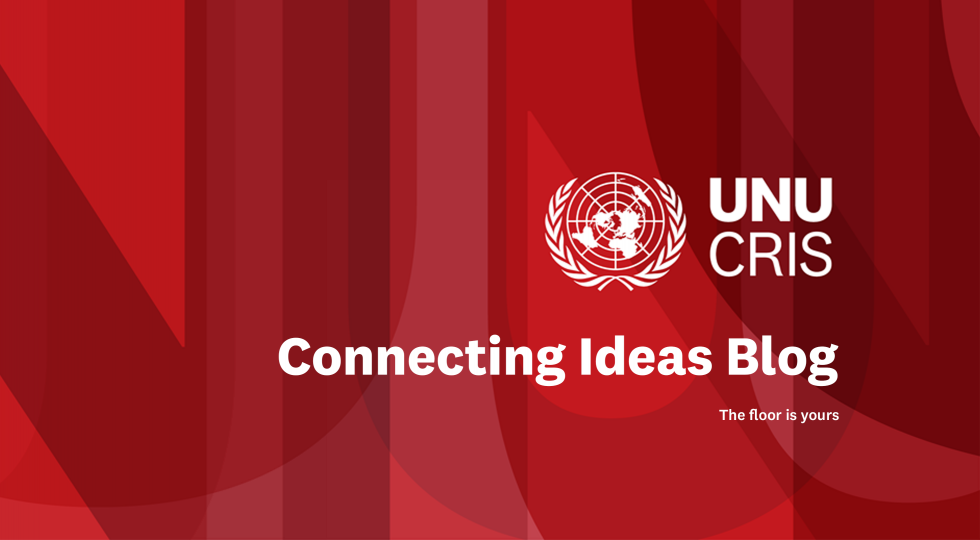The Caribbean Community is Pushing a Reform Agenda regarding the UN Security Council

Manager of The Diplomatic Academy of the Caribbean in the Institute of International Relations at The University of the West Indies’ (The UWI’s) St. Augustine Campus in Trinidad and Tobago
30 October 2024 | #24.08 | The views expressed in this post are those of the author(s) and may not reflect those of UNU-CRIS and/or the UWI.
Member states of this regional grouping sent a clear message last month on the need for UN Security Council Reform, taking a tougher stand to boot.
Caribbean Community (CARICOM) members' small states-related peripheral status in the international pecking order has been the focus of foreign policy concern for decades now, ranking high among their greatest challenges. In the larger scheme of things, they face acute, multifaceted risks.
That reality was on full display during the most recent and dramatic turn of events in the saga of Venezuelan saber-rattling directed at Guyana, a founding member of the CARICOM bloc. What Guyana lacked in direct influence to wrest itself from that perilous moment, the country tried to make up for with the processes of international cooperation and multilateralism. (Any other Caribbean small state would have done the same, too, if faced with such a geopolitical cudgel.) While CARICOM member states' chances for success in international politics hinge on several factors, the United Nations Security Council (UNSC) achieves a standout in that regard.
As I contend, these states' security-related dynamics are such that their security is deeply tied to the UNSC. Hence, the stakes are so high for them regarding the trajectory and pace of the ongoing UNSC reform process. My aforementioned analysis is the final installment in a two-part series of articles that point to CARICOM's thinking on UNSC reform vis-à-vis the international security environment, which is being reshaped by its geopolitical moving parts.
With reference to Caribbean states' foreign policy game, the first article in the set delves into why these states are weighing in as the UNSC appears to be headed toward reform. The piece shows that CARICOM leaders seized the moment at the General Debate of the 79th session of the UN General Assembly, giving their clearest message yet in respect of reform—at a time when that process has been the subject of contentious diplomacy.

Granted, the politics driving the parties' thinking on the associated process still reflect deep divisions. This suggests a hard road ahead, but Caribbean states are undaunted.
Still, guided by the imperatives of their respective countries' interests, CARICOM leaders and the foreign policy establishment worry that the drawn-out UNSC reform process serves to:
- Further complicate efforts to bring to an end the Gaza and Ukraine wars (two international conflicts which are compounding institutional inertia at the UN and further highlighting the need for sweeping reforms).
- Imperil CARICOM security imperatives, along with a serious agenda for UNSC reform, on the altar of political posturing.
- Underscore that should reform falter to a significant extent, CARICOM countries would face long-term foreign policy-related challenges.
What is also clear is that CARICOM leaders are a growing, vocal presence in calls to rethink the "West-led" international order. To be sure, their show of unity on this matter reflects a tougher stand to boot. But they should not stop there. Insofar as the debate about UNSC reform has entered a new phase, with key actors talking up change "in the area of peace and security," it behoves these leaders to expand pertinent public diplomacy efforts. And they should ensure that such efforts are adequately resourced.
These steps, if taken, would likely augur well for their countries on the UNSC reform front.
